While in WoW you first have to play up to level 60 before the game really starts, in LoL you hardly need anything. Of course you can only play ranked from level 30, but even before that you can beat veterans, provided you have the necessary skill.
For a successful game of LoL you only need your champion, runes and summoner spells. Up to level 10 you can only use preset rune pages, after that you are completely free in their configuration. The summoning spells are only available to a limited extent at the beginning. From level 9 onwards you have finally unlocked all of them.
So as you see there is a small limitation at the beginning of the game when you start with a new account. However, you should get to level 10 within one day easily.
Champions
You have to unlock champions in LoL by buying them for blue essence. Yet you can still play all free champions right from the start. With the free champion rotation, different champions can be played every week without you having to own them.
In each game you control one of 155 champions from the LoL universe, and each champion can fall into several categories. There are currently six different roles for champions, each of which has a specific task in the game:
- Assassin: Has high burst damage and is able to quickly take down other targets. Most of the time they have few hit points themselves, which also makes them vulnerable if they are hit by crowd control.
- Fighter: They are more persistent than assassins, but also deal less damage.
- Mage: Armor has no effect against them, because they deal magic damage. They can deal enormous burst damage with their abilities, many also bring utility and crowd control with them.
- Marksman: Ranged champions who can usually shine in the late game. Their damage comes mostly from auto attacks. They can dish out a lot, but can take very little. The mobility of marksmen is usually rather low.
- Support: As the name suggests, they are there to support the team members, be it with shields, healing, or crowd control effects. Even if they don't deal the most damage, they play a very important role for the team.
- Tank: Can withstand a lot, but cannot cause much damage without his team. Tanks often initiate team fights because they bring a lot of crowd control with them.
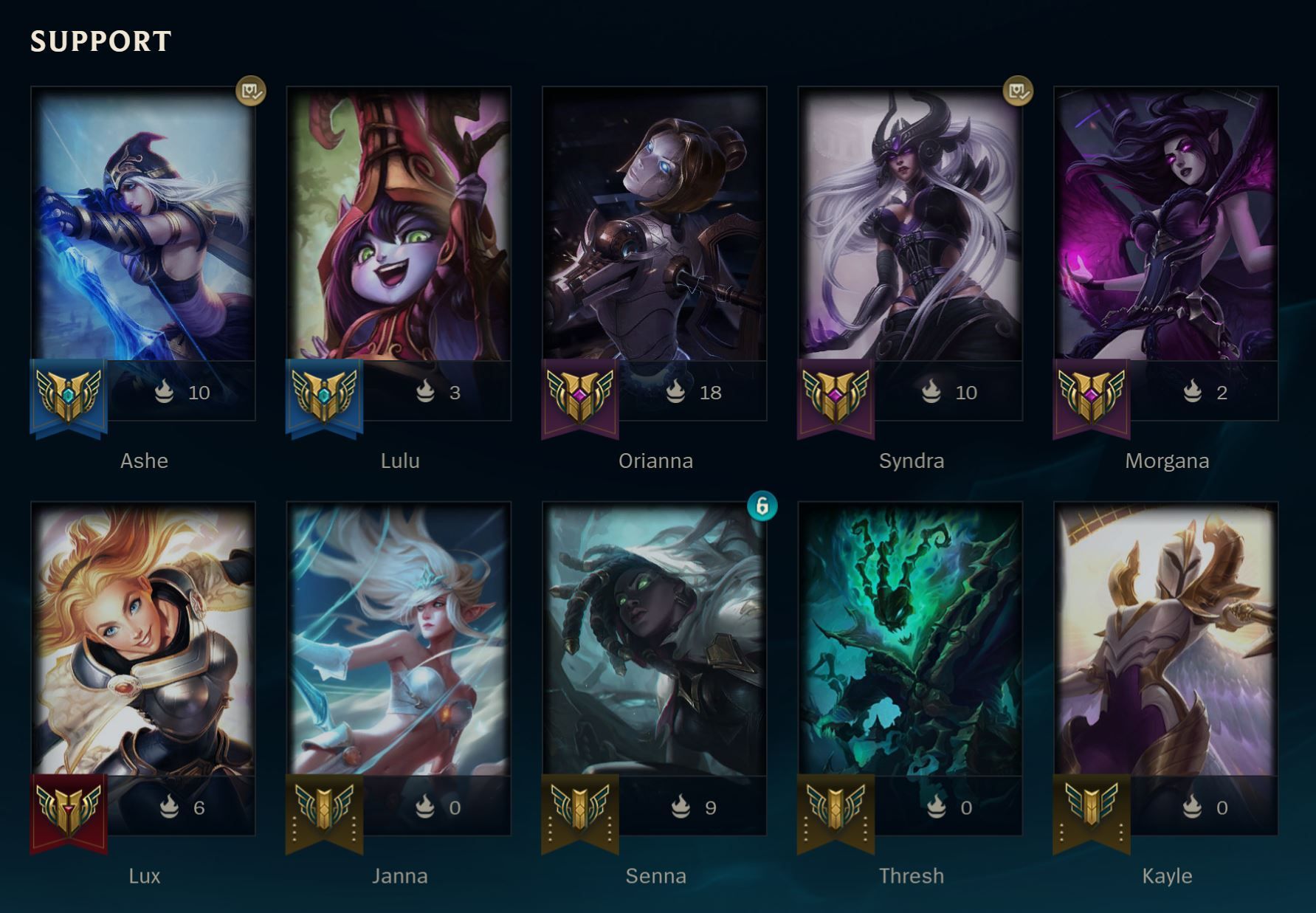
A champion can also fulfill several roles: Ahri, for example, is a mage and assassin at the same time, because on the one hand she deals magical damage, but is also able to delete an opponent from the game within a fraction of a second.
Various Positions
In the normal game mode, the team members play on different positions on the map. Before you can search for a game in Draft Pick, you must first select a primary and secondary position:
- Top (toplane)
- Jungle (farms the monster camps between the lanes)
- Middle (midlane)
- Bottom (bottom lane)
- Support (also plays on the botlane)
Runes
The runes pages in LoL give you important stats and effects for your champion, which you should adjust depending on the situation. You can choose one of 17 keystone runes from five paths. This also determines your primary path for the runes page. These keystone runes have a great effect and are therefore particularly important.
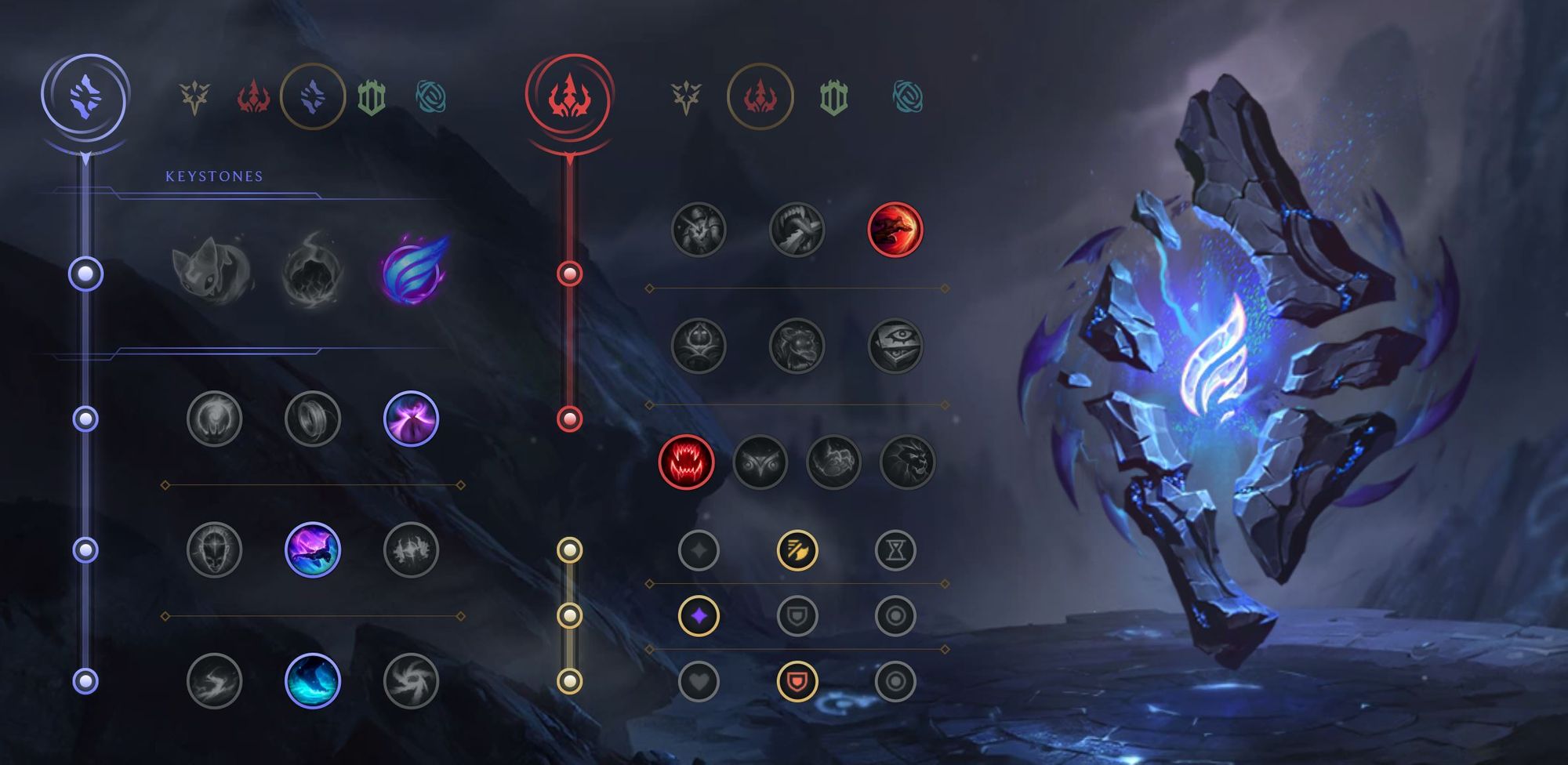
After you have decided on a keystone rune, you can select three more runes from this path. For the secondary path you have to choose two runes from one of the other four paths.
Finally, you can choose three bonus stats that are immediately available in the game.
Rune Paths
- Precision: Improves the effect of your auto attacks. Good for marksmen and fighters.
- Domination: Increases your overall damage. Good for champions with high burst damage.
- Sorcery: Gives mages a little more damage and utility.
- Resolve: Makes tanks even harder to kill.
- Inspiration: Runes that bring a lot of utility. Often used in the secondary path.
Summoner spells
The summoner spells have a huge effect, but also high cooldown. Having them "ready" makes a huge difference in the game, which is why many players are timing the cooldown of the opposing summoner spells.
You can choose two of the following summoner spells per game in Summoner's Rift:
- Ghost: Gives you more movement speed for a short time. This spell is particularly good for champions who have little mobility or who benefit enormously from more movement speed.
- Heal: Restores a portion of your life and a nearby ally. If there are multiple teammates nearby, the one which your cursor is next to will be healed.
- Barrier: Gives you a shield for a short time. This spell can be used to block burst damage.
- Exhaust: The opponent affected by exhaust deals less damage for a short time. This spell can be used well to counter the burst of assassins.
- Flash: Teleports you a short distance in the direction of your cursor. This can be used to jump over most of the walls of Summoner's Rift.
- Teleport: Here you can beam yourself anywhere on the map after a short cast time. This only works on friendly minions, towers, wards, but also on some spells, such as Threshs' lantern.
- Ignite: Inflicts true damage to the enemy for a short time. It also reduces the healing received by the enemy. Extremely good to use against champions who receive a lot of healing.
- Cleanse: Removes most debuffs in the game, such as crowd control. After casting, you're a little more resistant to crowd control effects for a short time.
- Smite: Deals up to 1.000 damage to minions and neutral monsters. This makes it an extremely important spell for securing epic monsters (dragons, Baron Nashor). Also restores life when used on monsters.


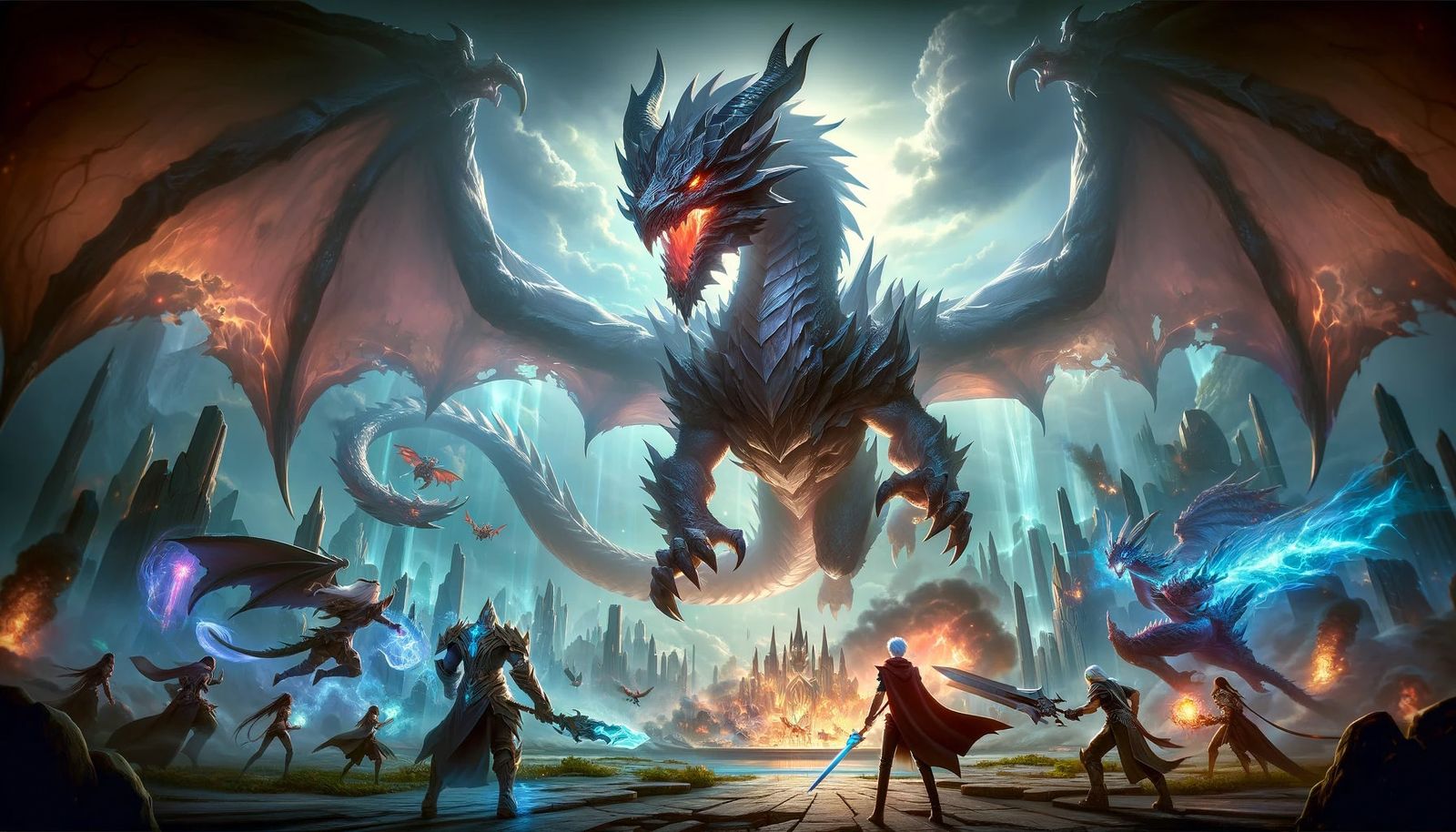
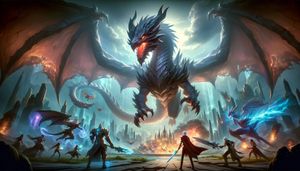
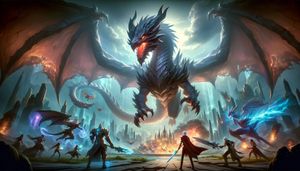
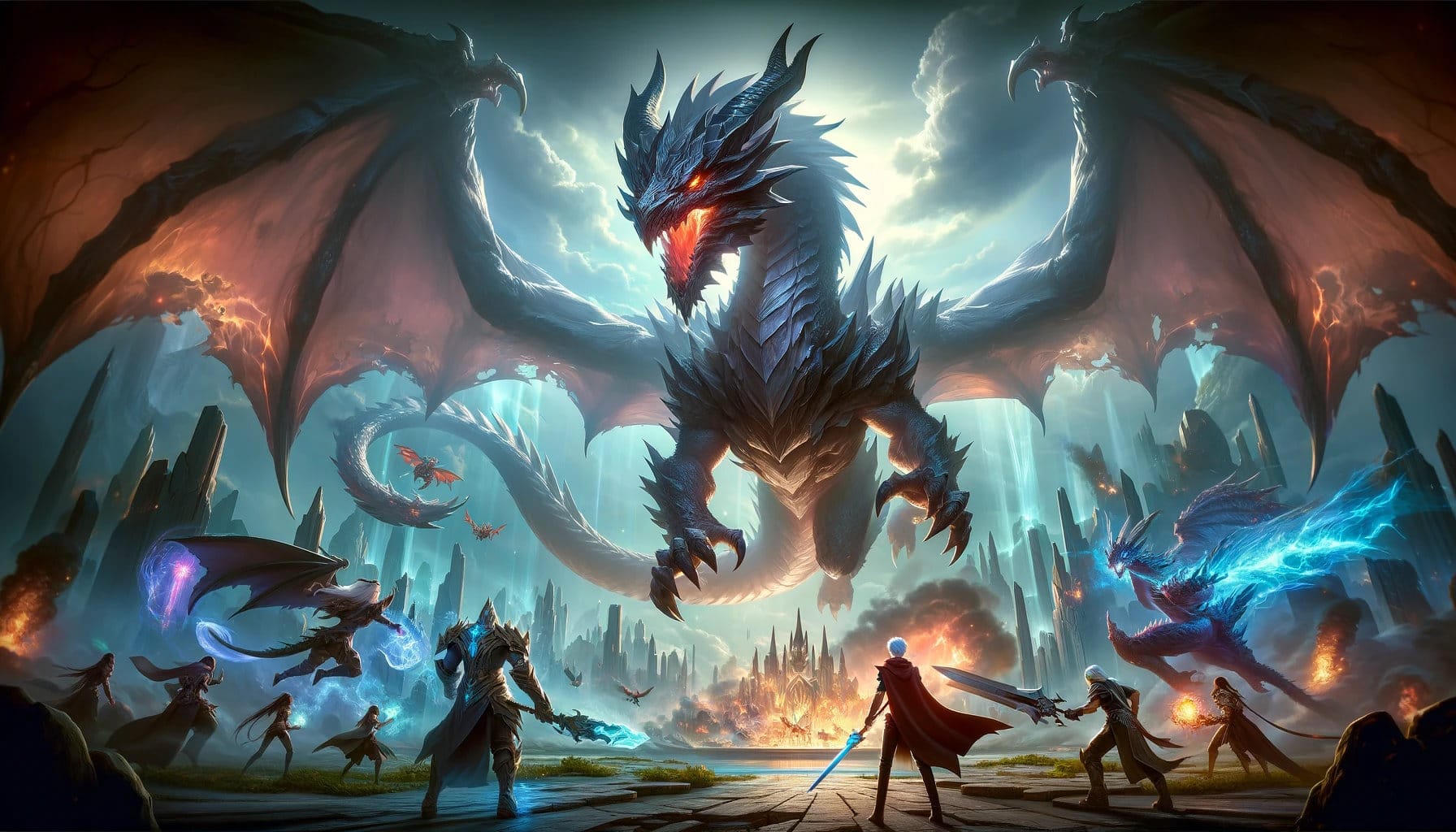
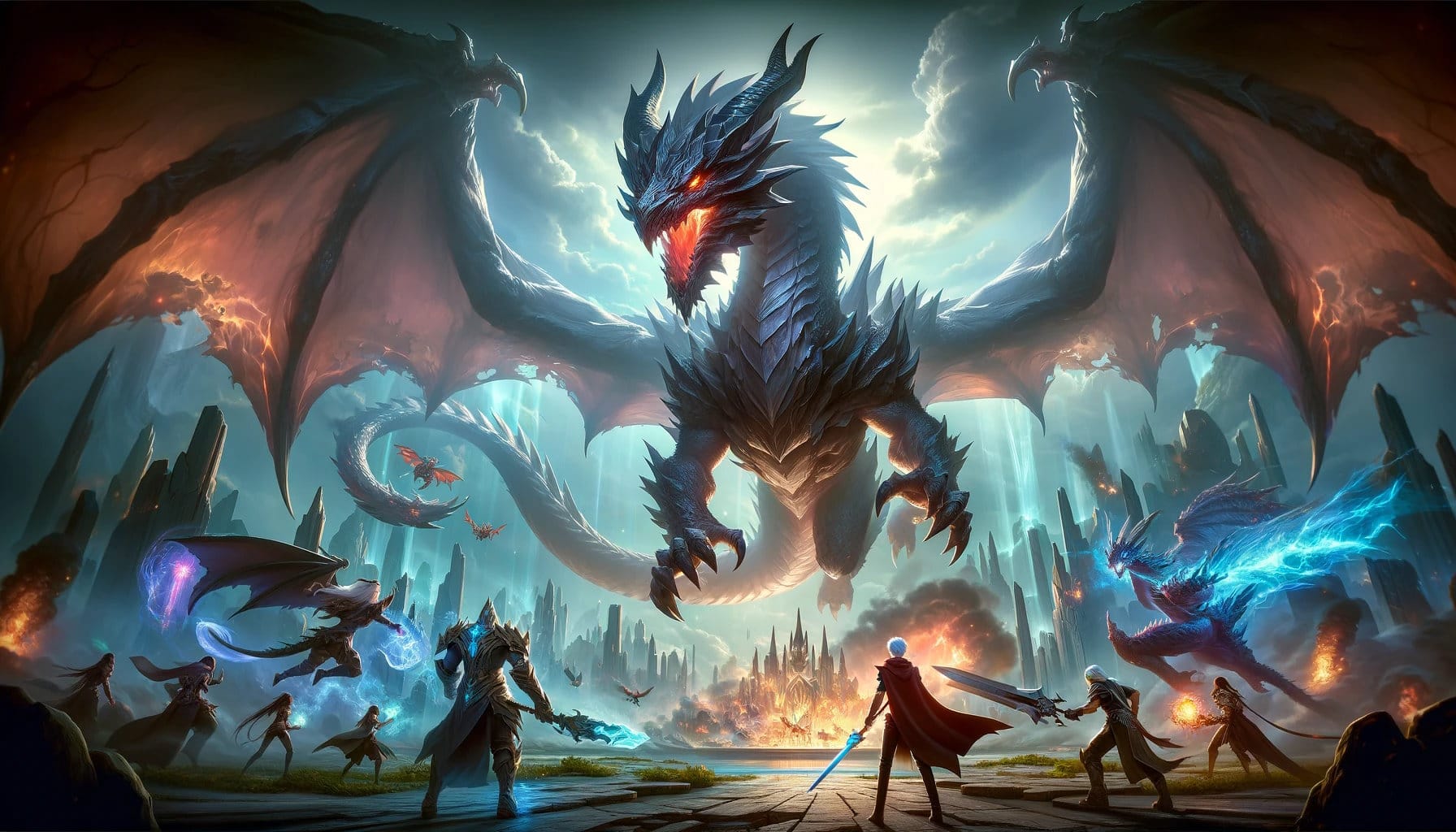
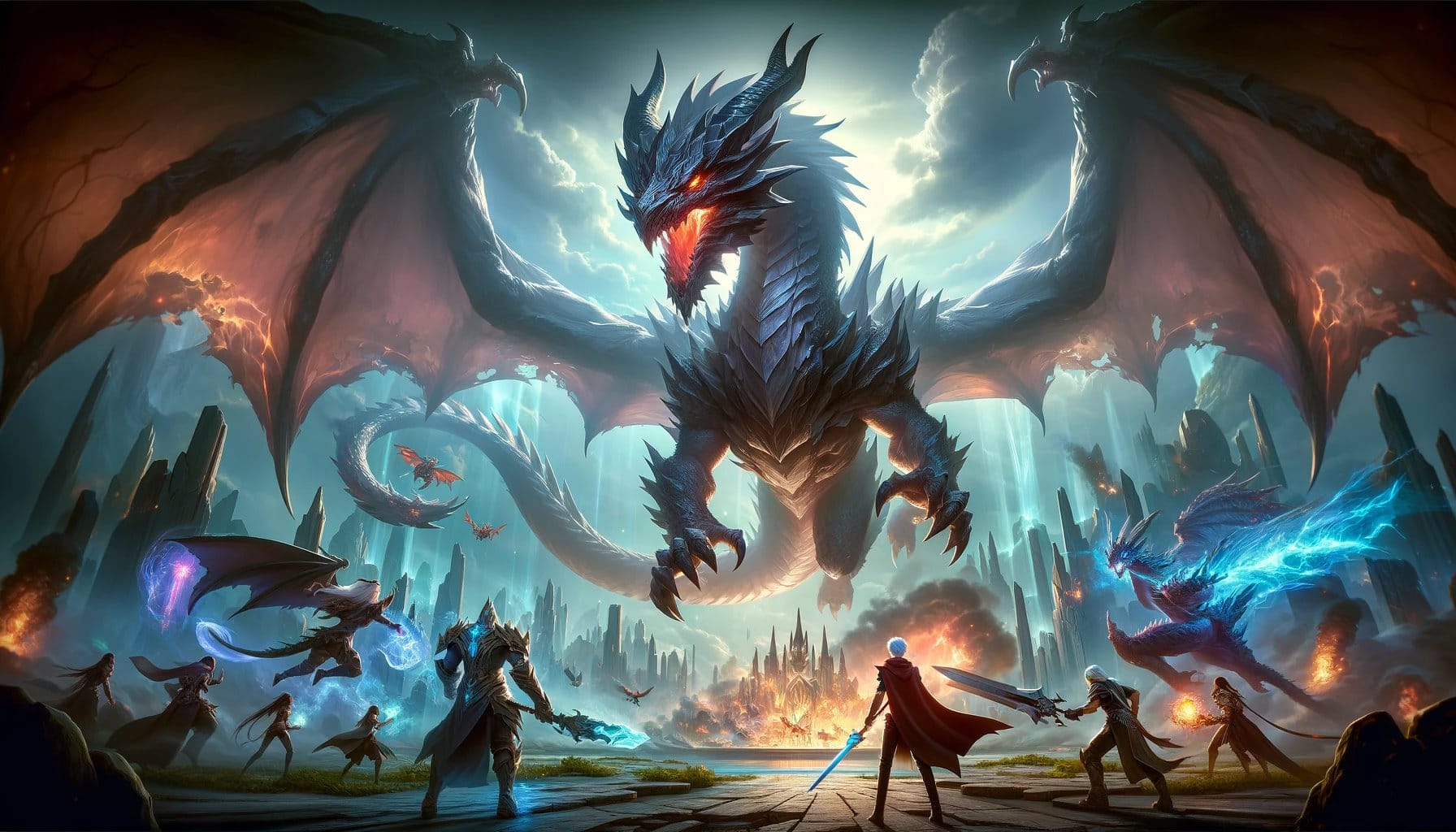
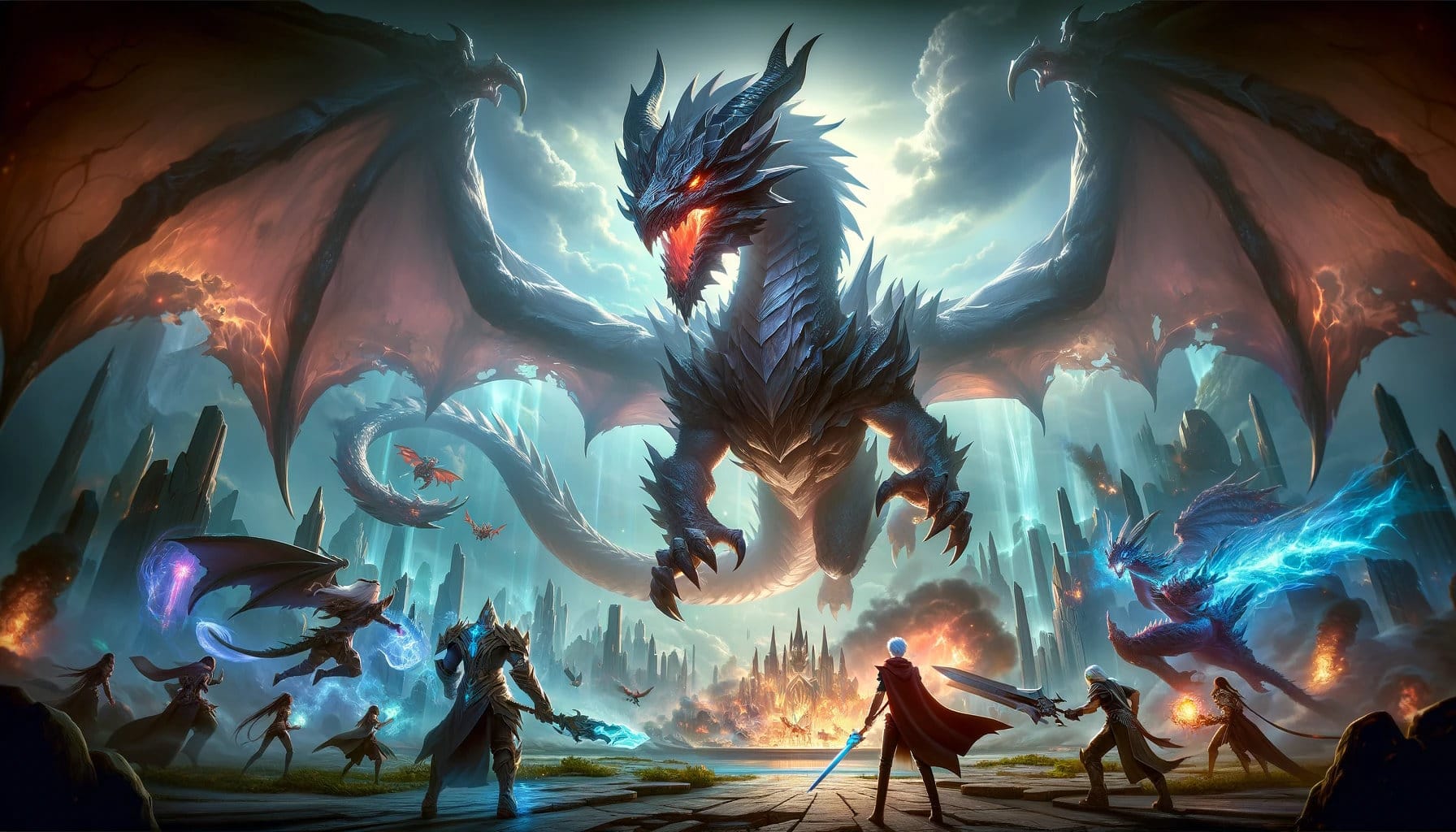

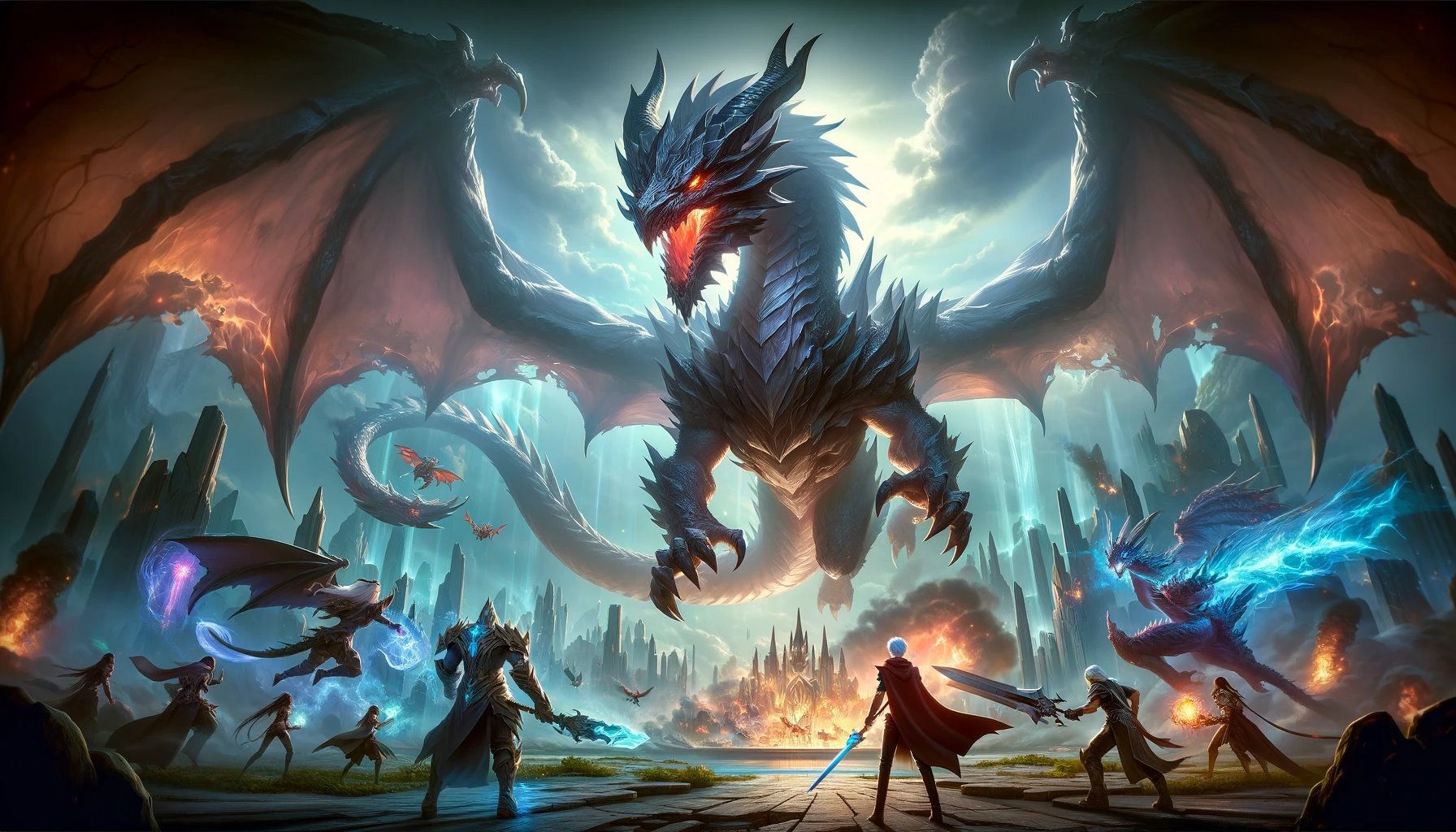
If you press this button it will load Disqus-Comments. More on Disqus Privacy: Link